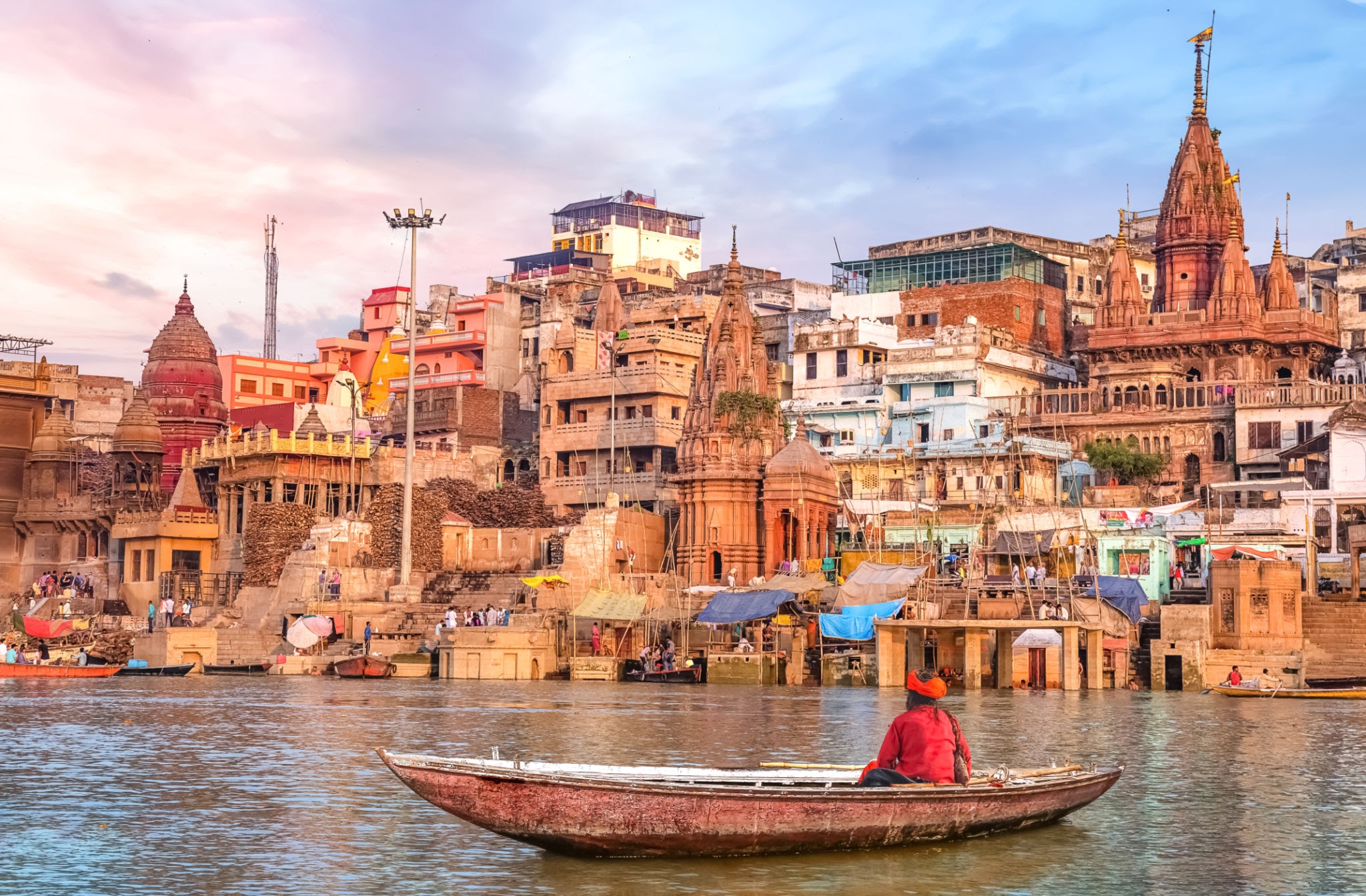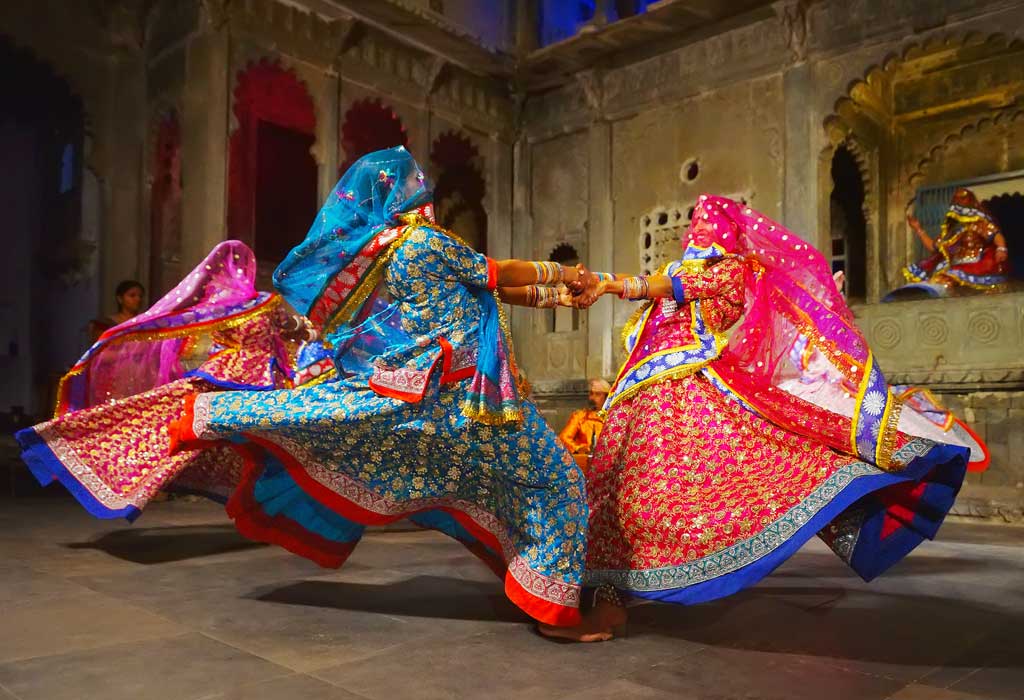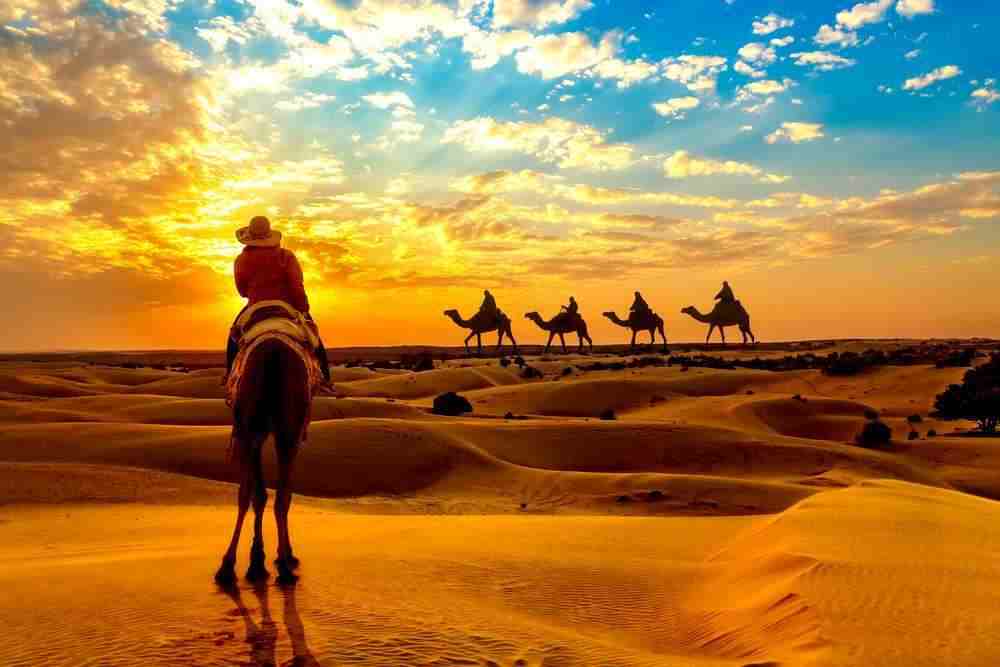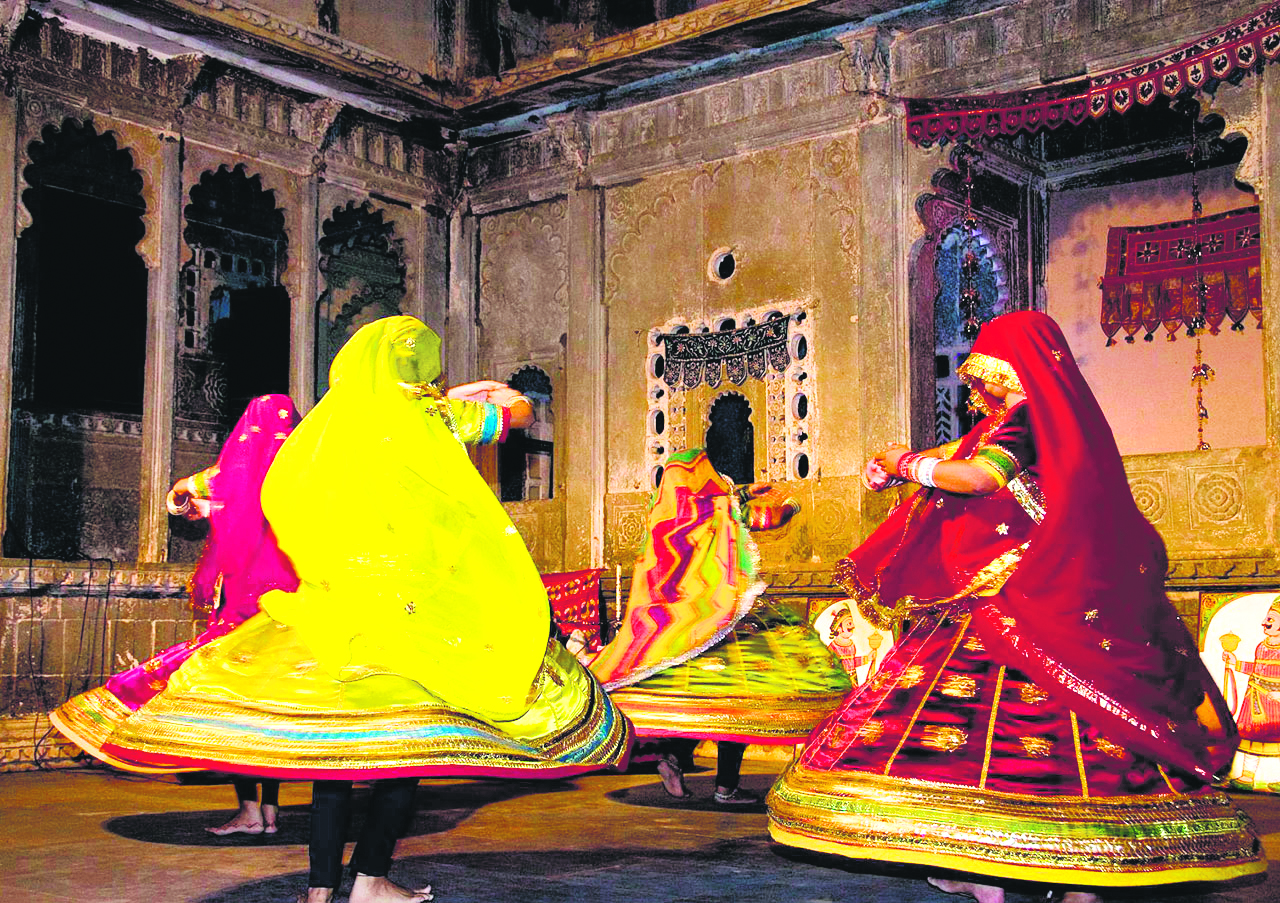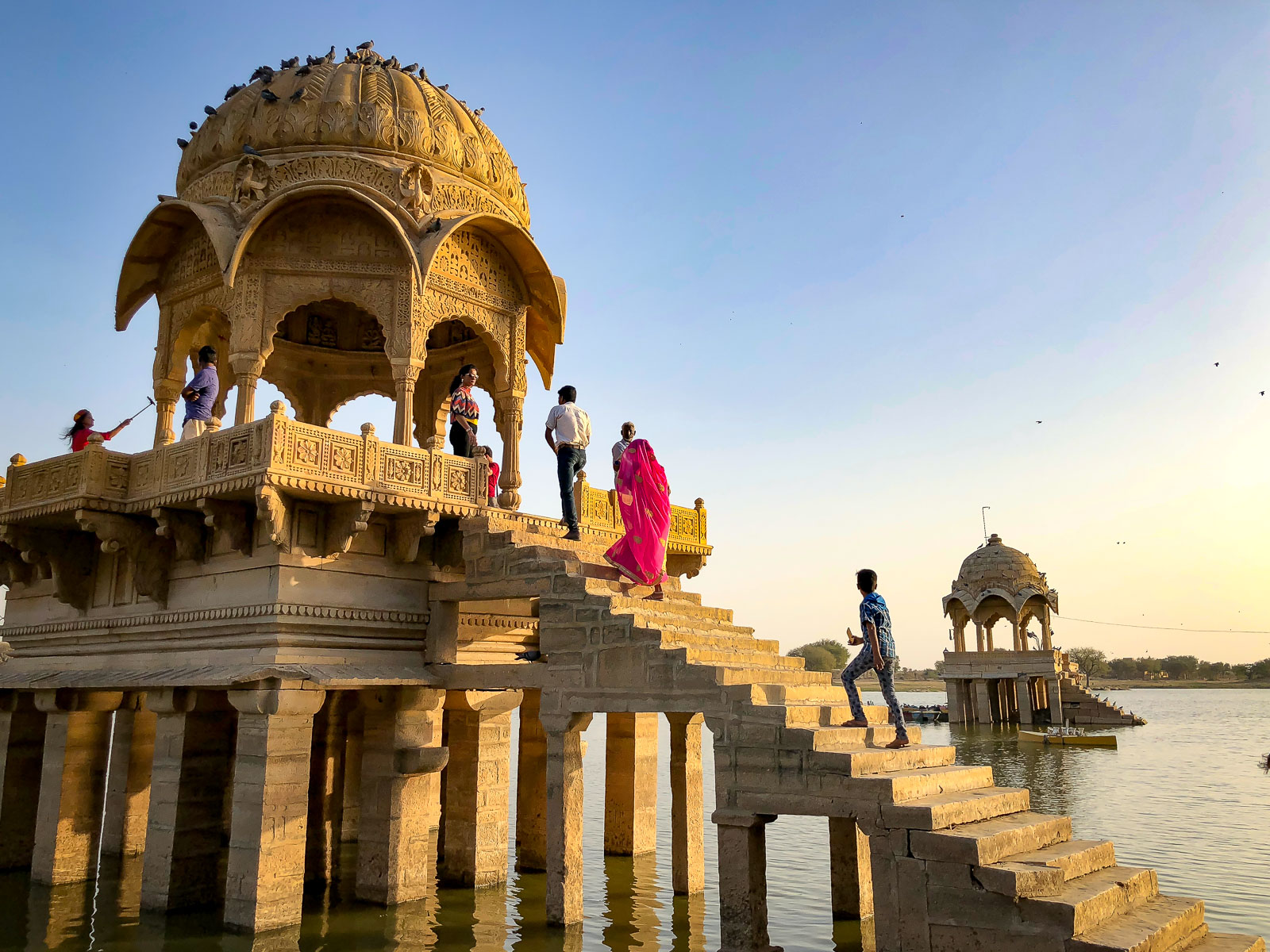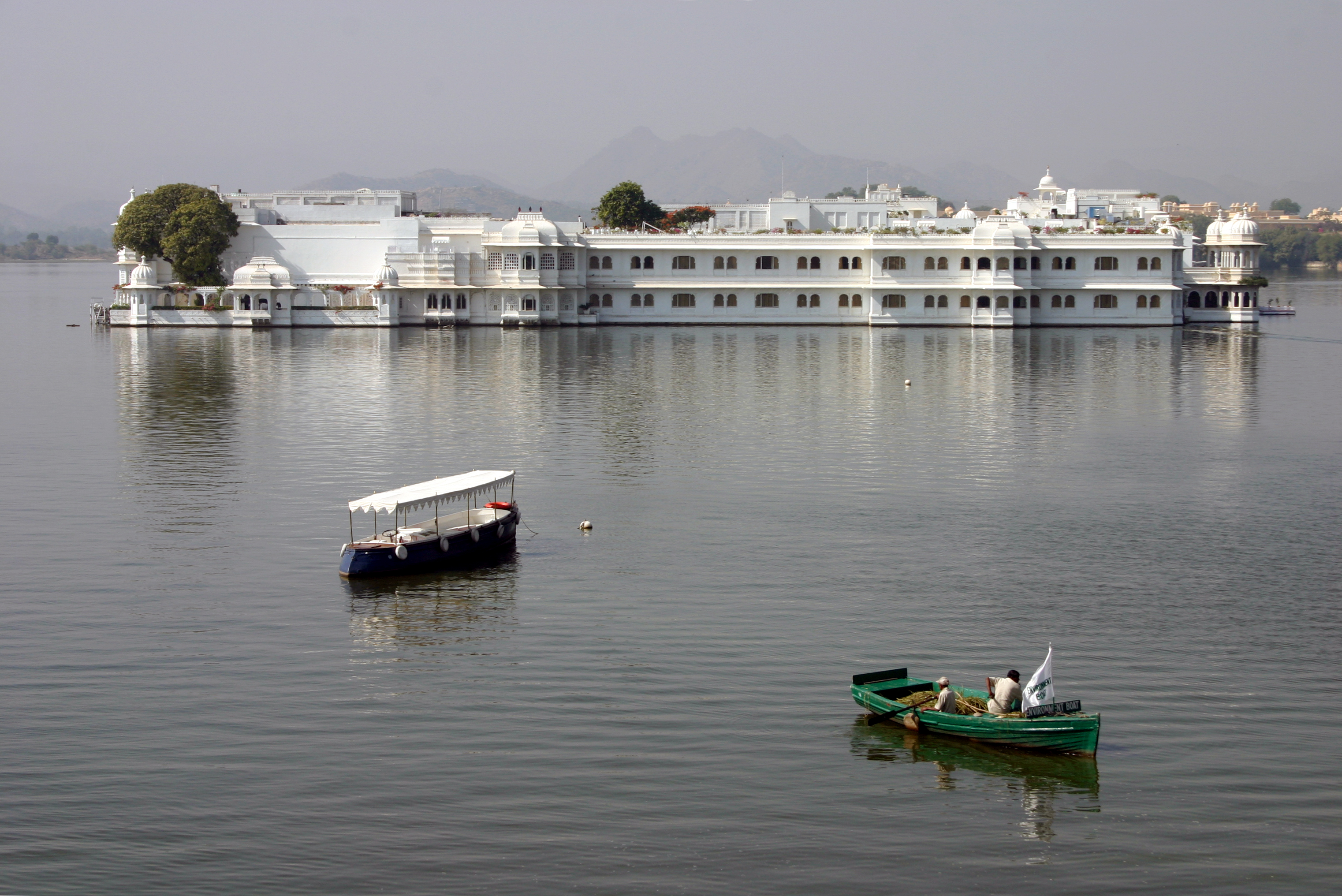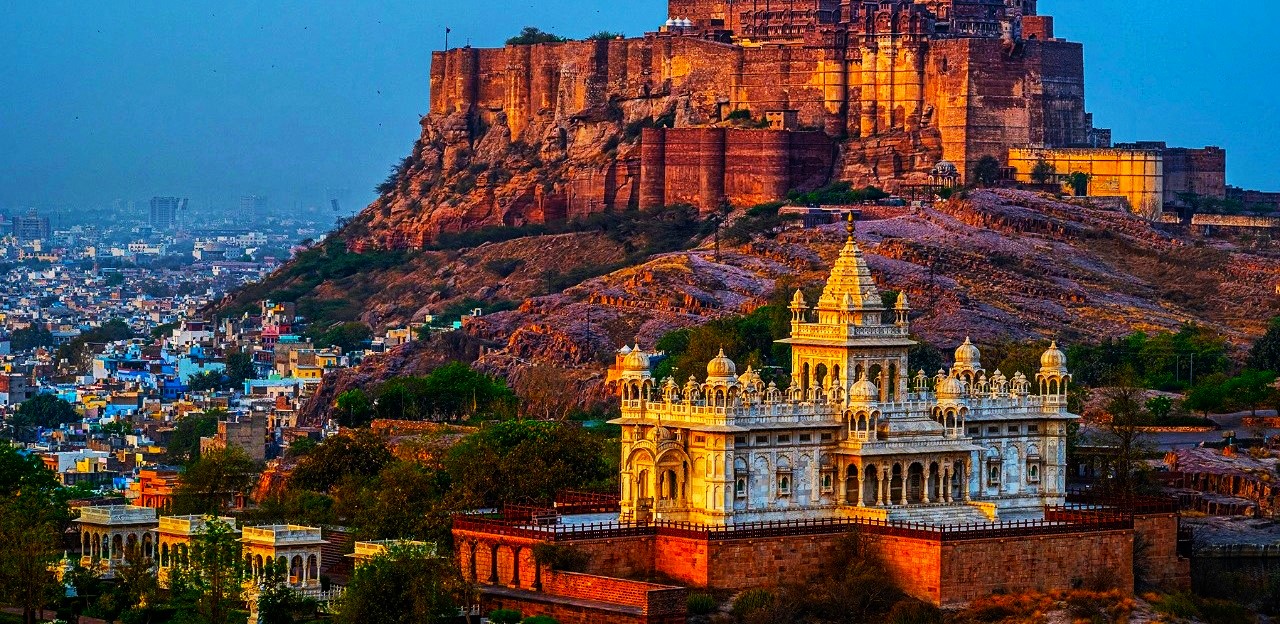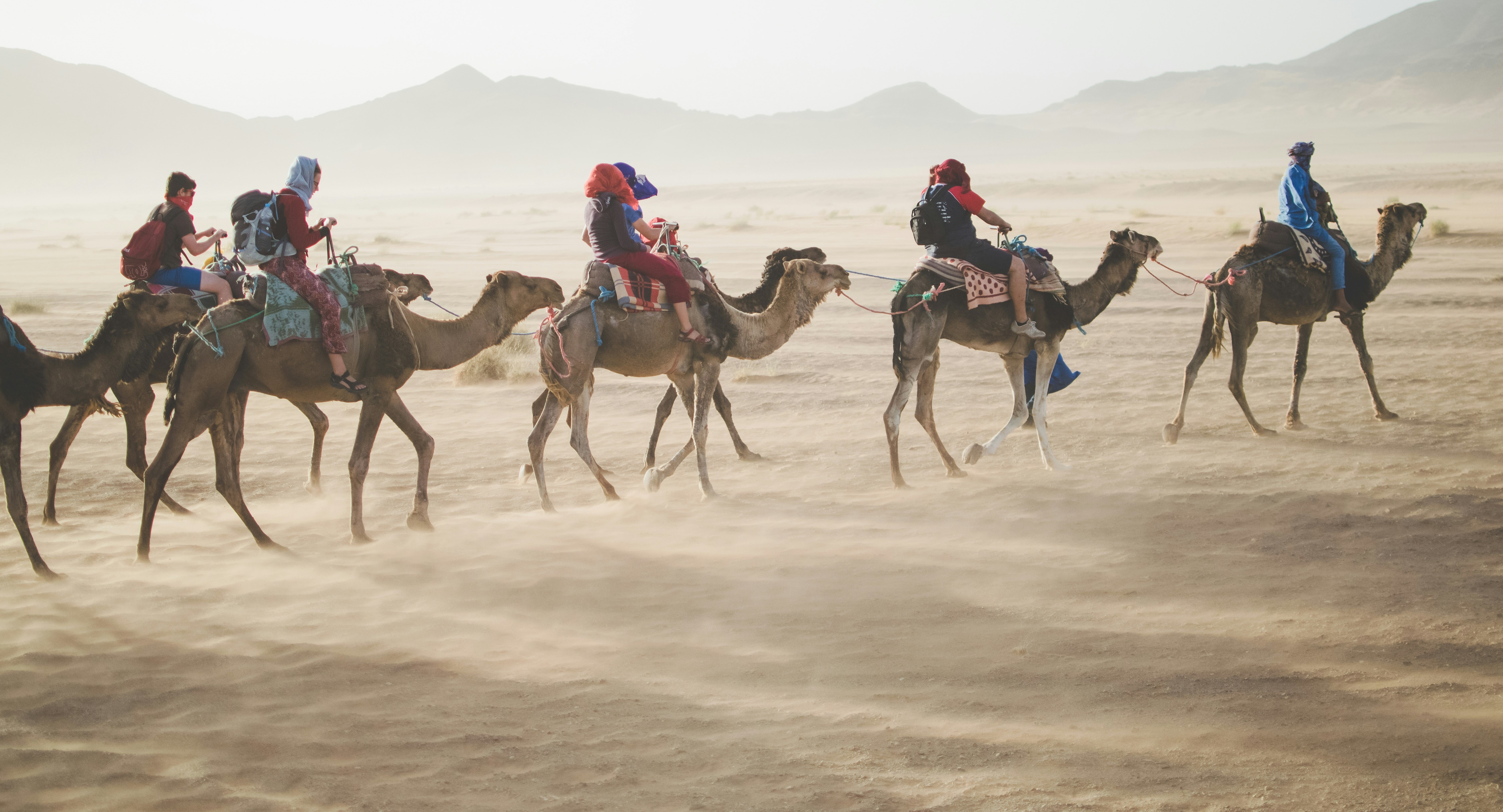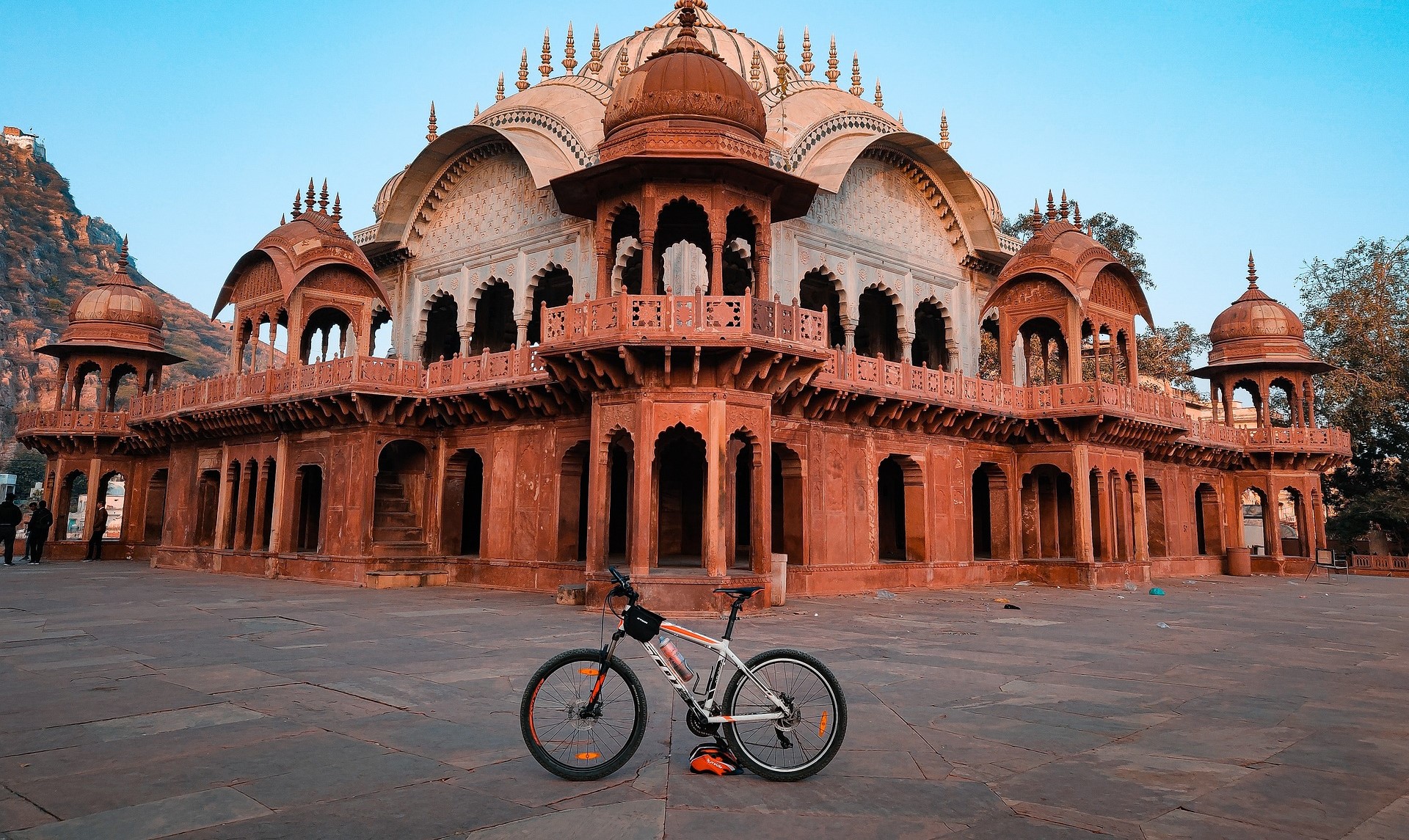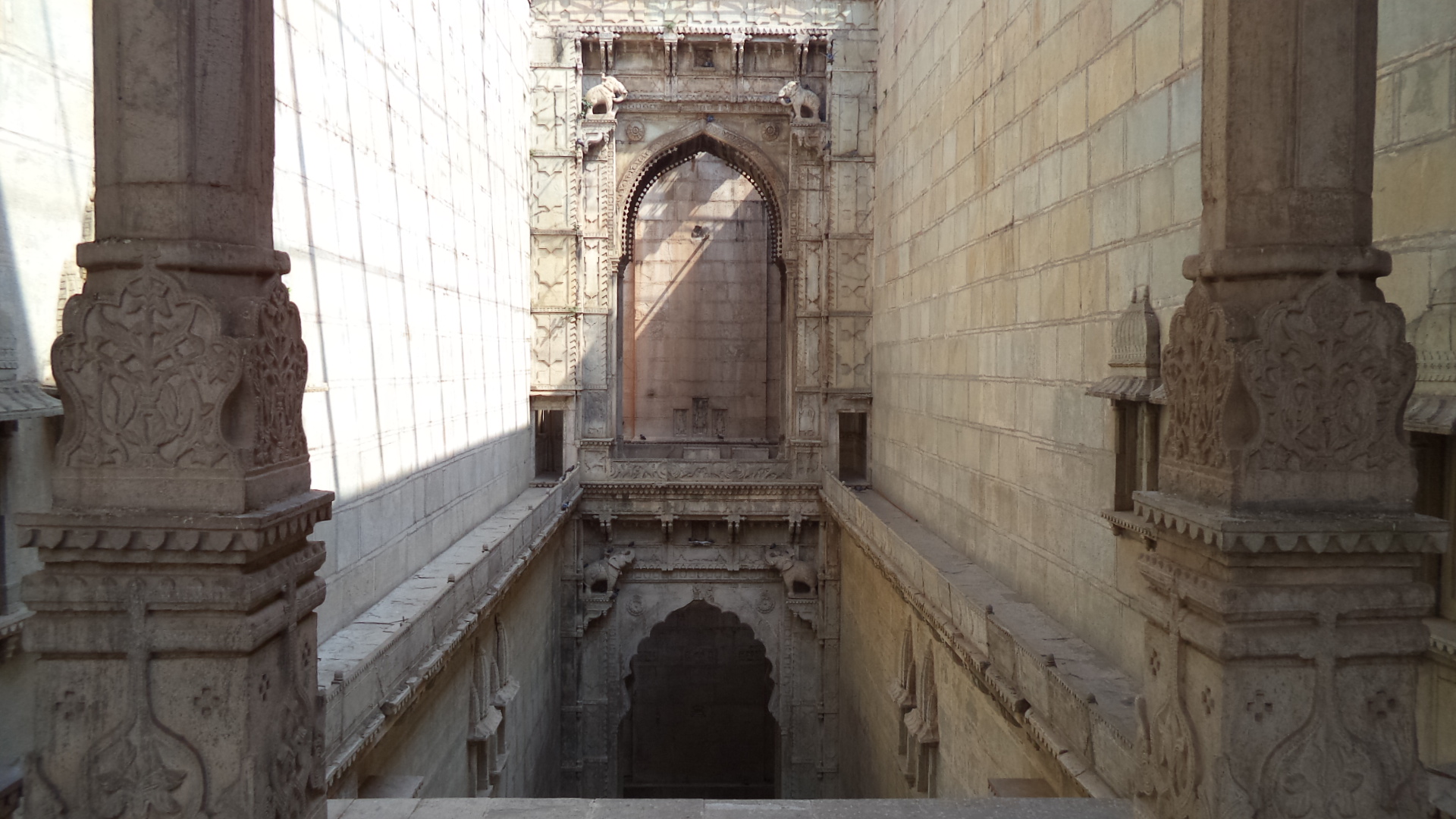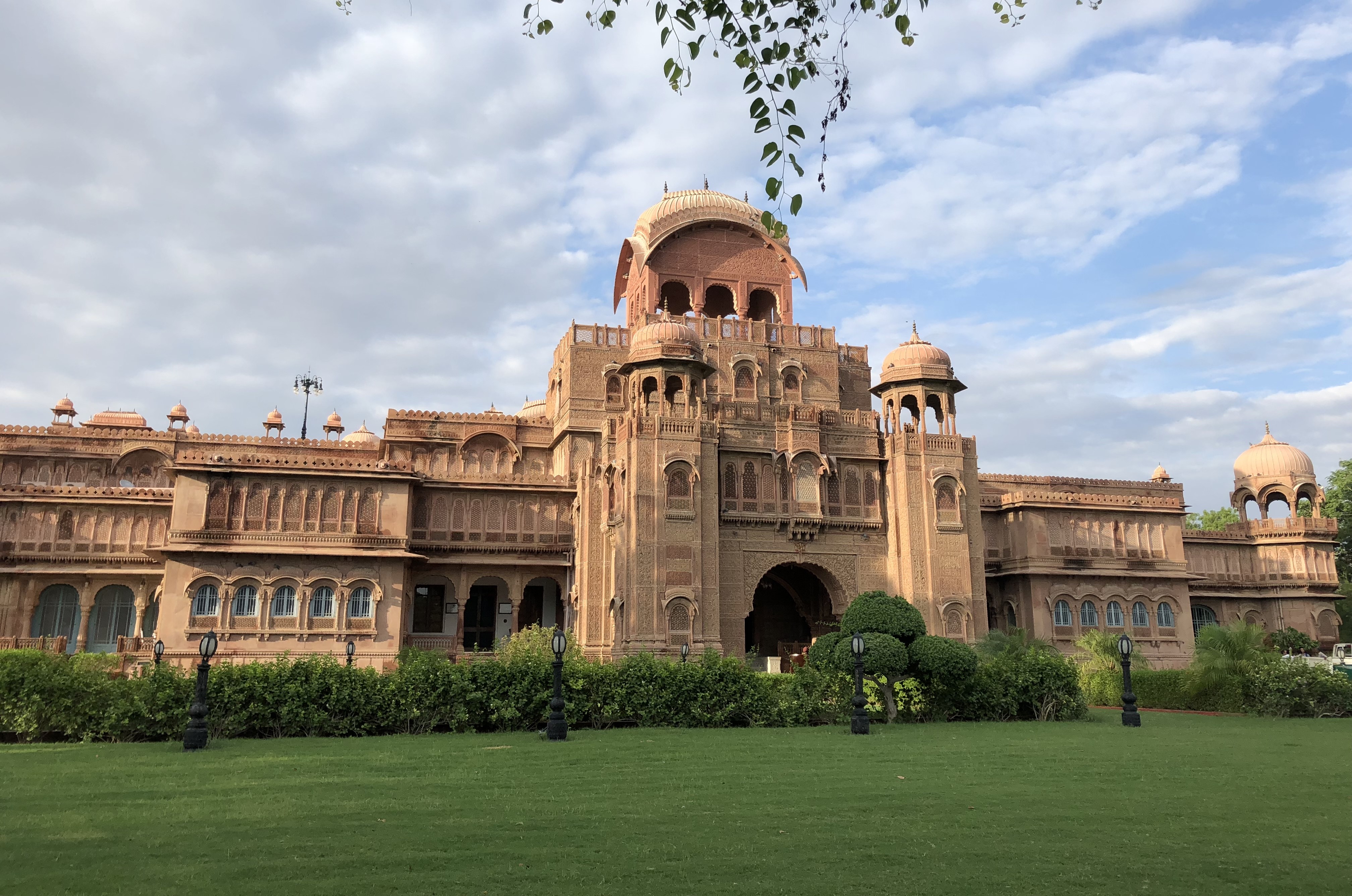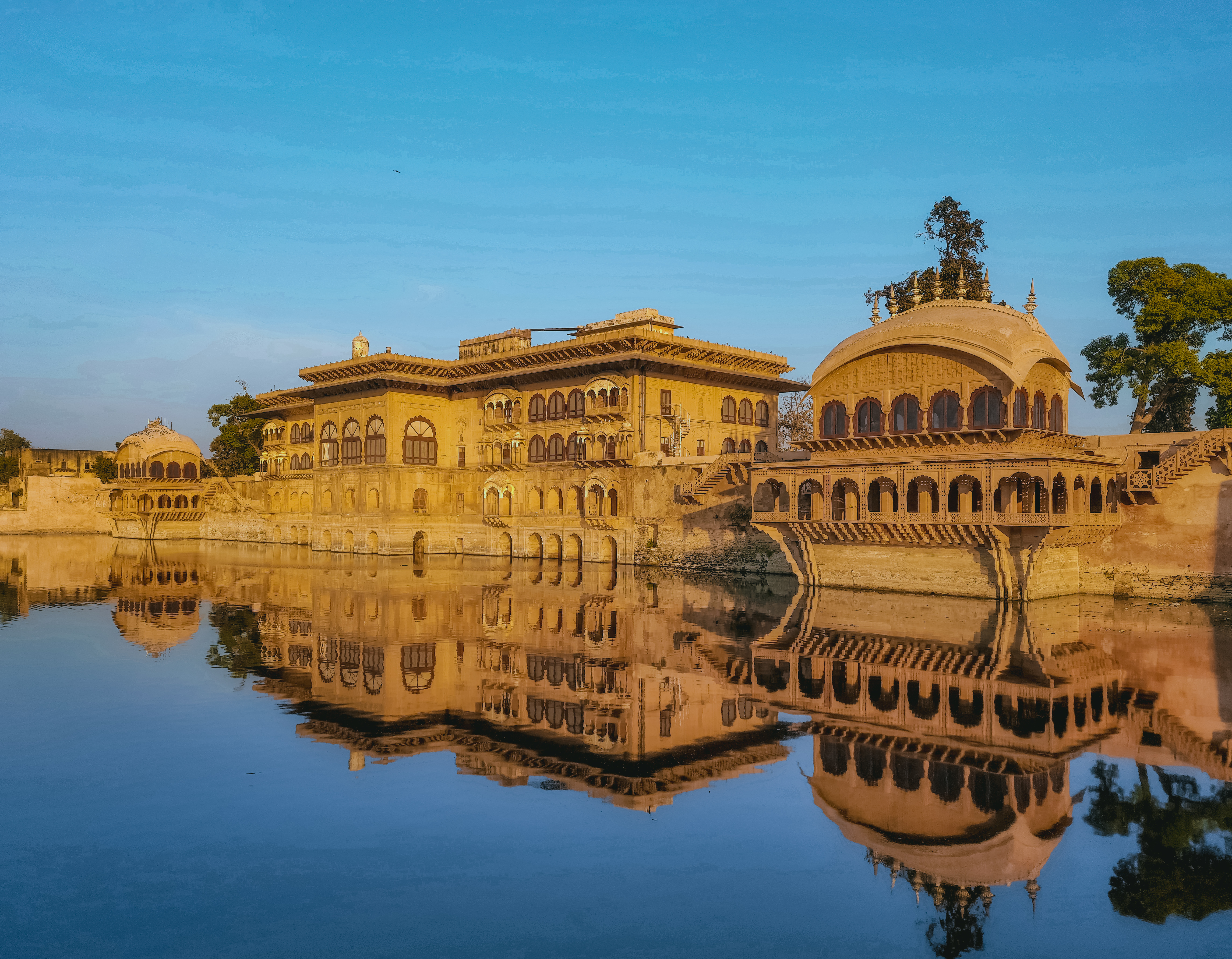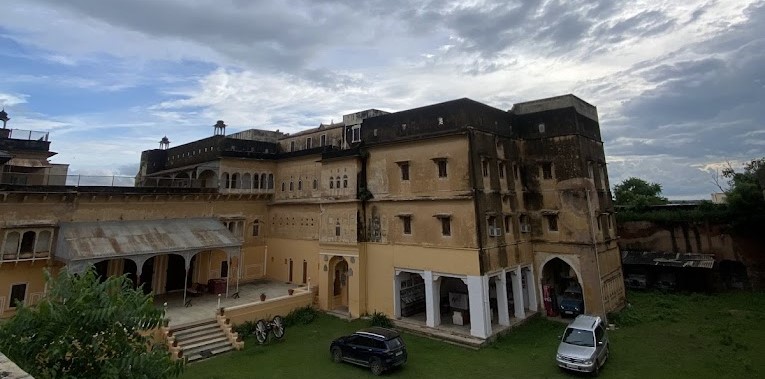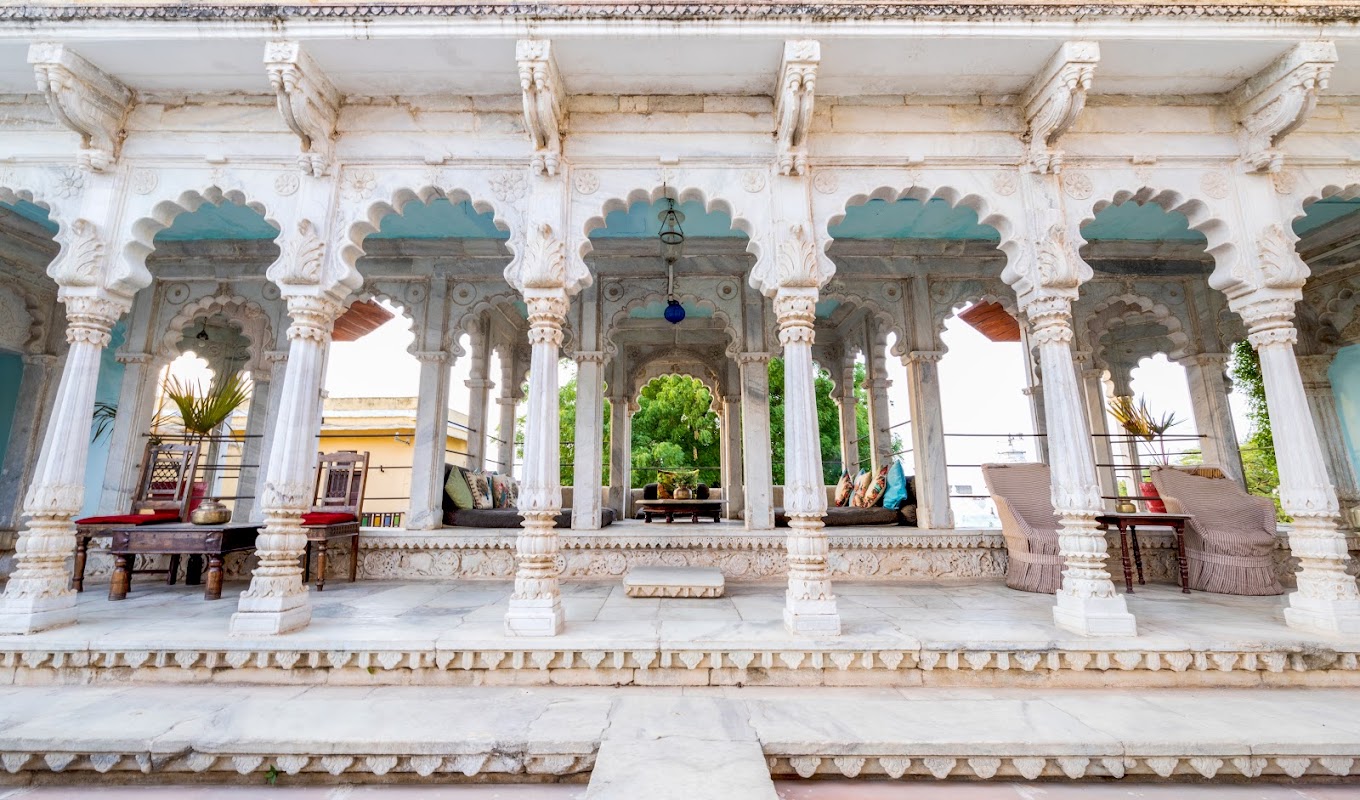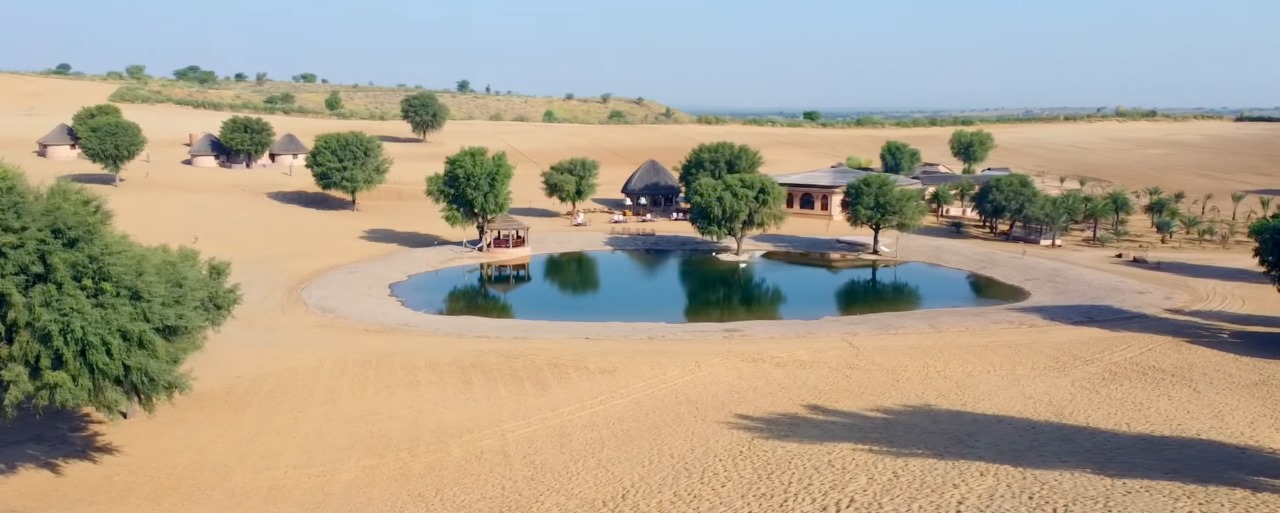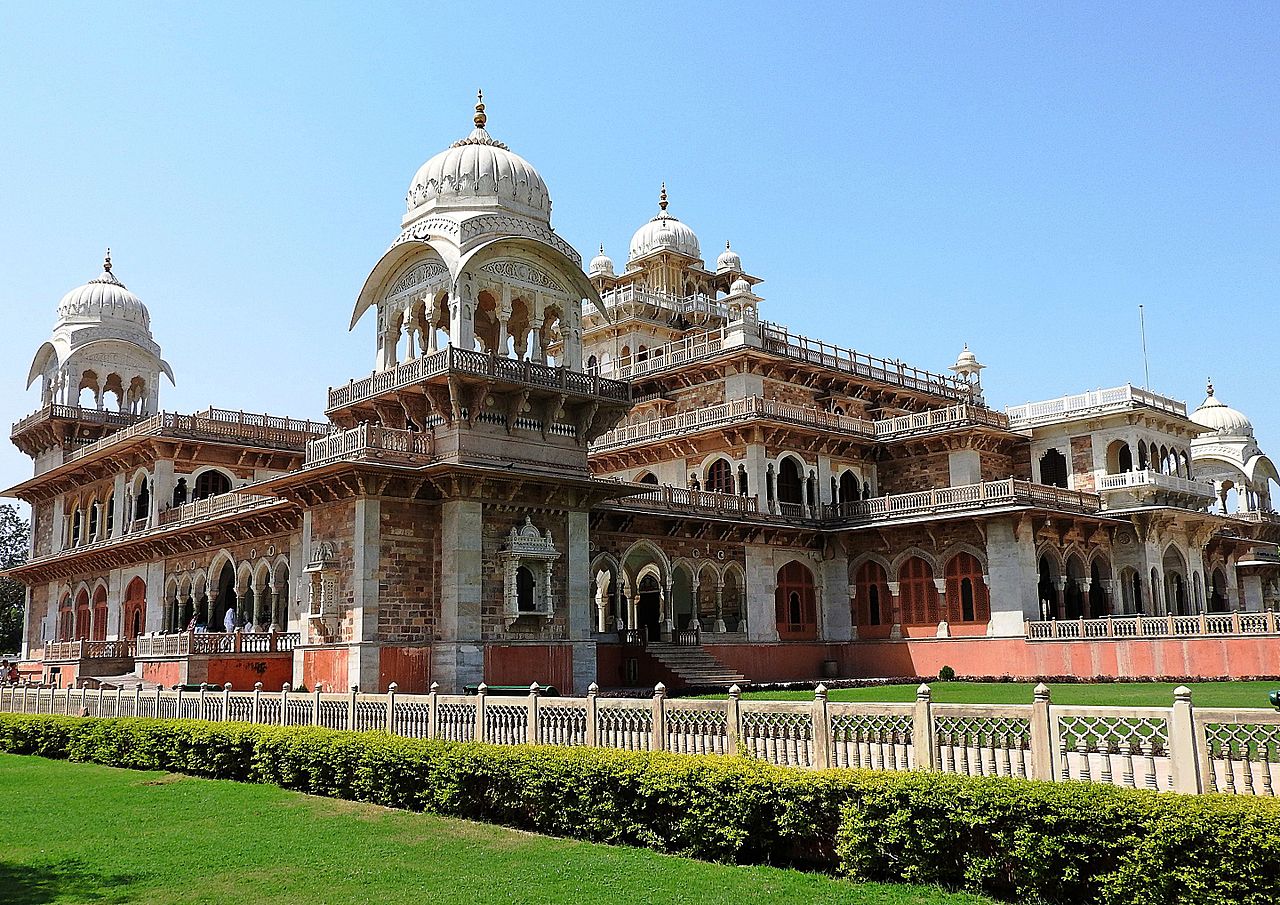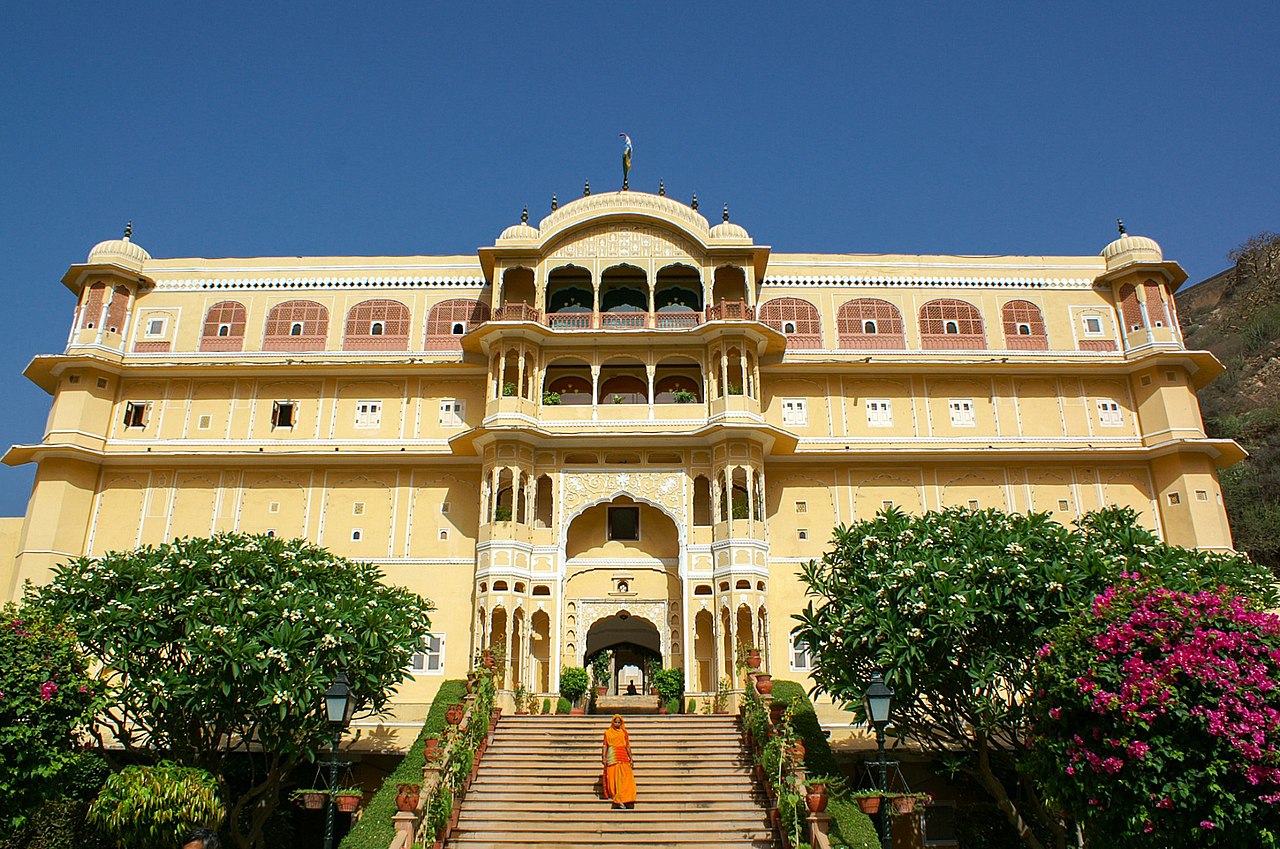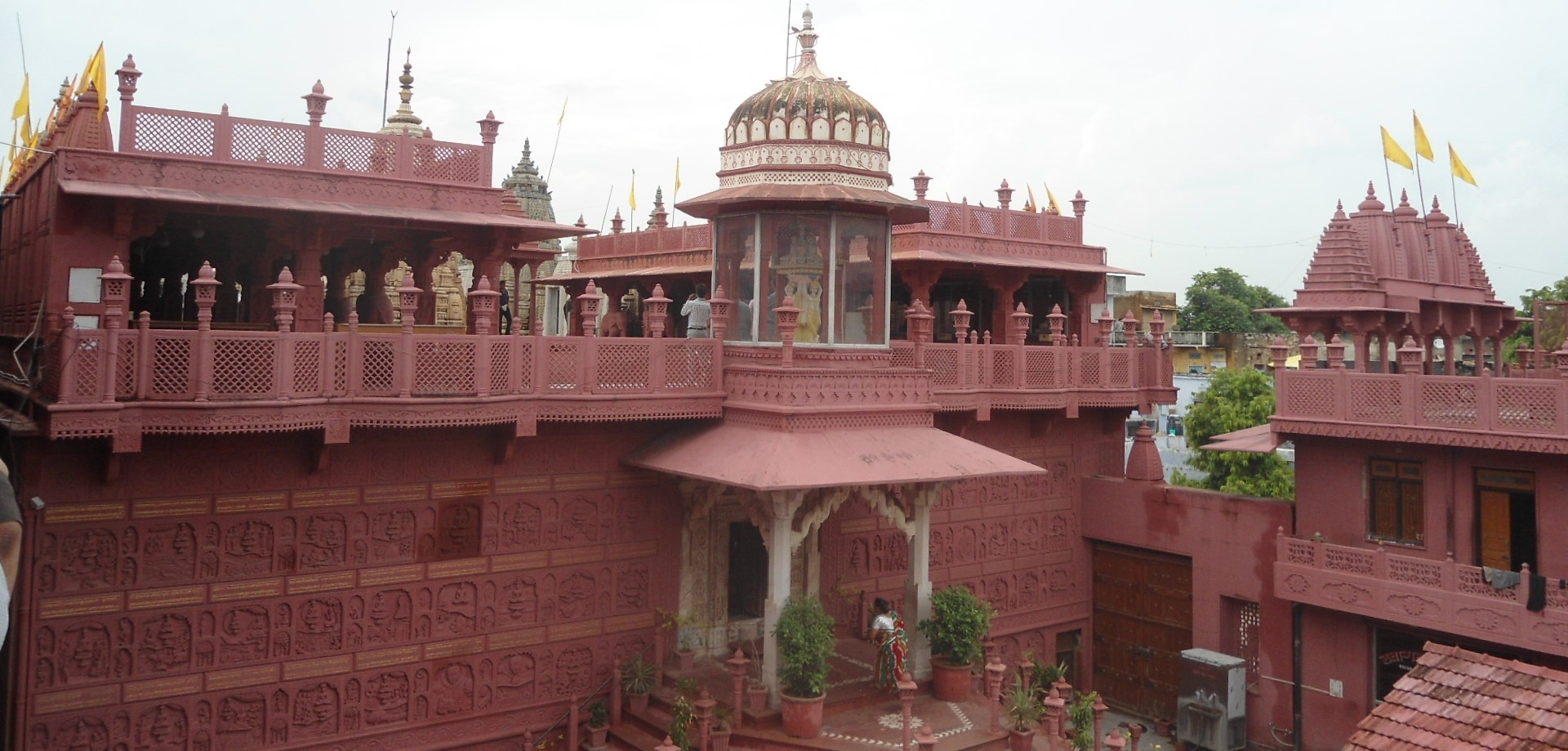Fairs & Festivals of Ajmer
Urs of Khwaja Moinuddin Chishti: One of the most famous and revered festivals in Ajmer, this Sufi festival celebrates the death anniversary of Khwaja Moinuddin Chishti, the founder of the Chishti order. Pilgrims from across the world come to pay their respects at the Ajmer Sharif Dargah, and the city comes alive with qawwali performances, devotional music, and processions. Pushkar Fair: Held annually in Pushkar, which is just a short distance from Ajmer, the Pushkar Fair is one of the largest and most famous livestock fairs in India. It is also a cultural and religious celebration, where visitors can witness camel races, traditional dances, craft stalls, and devotional activities. Diwali: The festival of lights is celebrated with much enthusiasm in Ajmer, with the city’s temples, markets, and homes beautifully illuminated. Rangoli (traditional floor art) and fireworks add to the festive atmosphere. Holi: The festival of colors is celebrated in Ajmer with traditional dances, bonfires, and the throwing of colored powders. It’s a joyous occasion for the people of Ajmer to celebrate together. Teej Festival: A festival dedicated to Goddess Parvati, celebrated with processions, traditional dances, and rituals, especially by women in Ajmer. Teej is associated with the onset of the monsoon and the well-being of married women.
Read more +Best Time to Visit Ajmer
The best time to visit Ajmer is during the winter months from October to March, when the weather is pleasant and ideal for sightseeing, with temperatures ranging from 10°C to 25°C. This is the time when the Urs festival and other fairs take place, offering an immersive experience. Summers (April to June) can be extremely hot, with temperatures reaching above 40°C, making outdoor exploration difficult. The monsoon season (July to September) offers cooler weather but can also bring humidity and occasional rainfall.
Read more +How to Reach Ajmer
Ajmer is well-connected by road
with major cities like Jaipur (about 130 km), Delhi (about 400 km), and Udaipur (about 250 km).
National Highways and state highways connect the city to nearby destinations. Regular buses and
taxis are available for intercity travel.
Ajmer is an important railway
station and a major hub for travelers visiting the region. It is well-connected by trains to cities
like Delhi, Jaipur, Mumbai, and Ahmedabad. The Ajmer Junction is an important railhead in Rajasthan.
The nearest airport to Ajmer is
in Jaipur, about 130 km away. Jaipur International Airport offers domestic and some international
flights. From Jaipur, one can travel to Ajmer by road or train.
Tourist Attractions in Ajmer
Ajmer Sharif Dargah: One of the most famous pilgrimage sites in India, the Ajmer Sharif Dargah is the shrine of Khwaja Moinuddin Chishti, a revered Sufi saint. The dargah is visited by millions of devotees every year, regardless of their religious affiliations. It is known for its spiritual ambiance, qawwali sessions, and sacred rituals. Adhai Din Ka Jhonpra: A historic mosque and architectural marvel, this building was originally a Sanskrit college and was converted into a mosque by Qutb-ud-Din Aibak. The structure is an excellent example of Indo-Islamic architecture, with intricate carvings and pillars. Ana Sagar Lake: A serene lake built by Emperor Ana Singh, it is one of the main attractions in Ajmer. Visitors can enjoy boating and a peaceful stroll along the lakeside, with gardens and pavilions surrounding the water. Taragarh Fort: Situated on a hilltop, the Taragarh Fort offers panoramic views of the city and is an impressive example of Rajput military architecture. It is famous for its battlements, tunnels, and historical significance. Nasiyan Jain Temple: Also known as the Red Temple, this Jain temple is famous for its beautiful architecture, intricate wooden carvings, and a stunning golden hall that depicts the legends of Jainism. Pushkar: Located just 11 km from Ajmer, Pushkar is a sacred town known for its Pushkar Lake and the Brahma Temple. It is one of the most important pilgrimage sites for Hindus and is also famous for the Pushkar Fair, which attracts thousands of tourists every year. Mayo College: One of the oldest and most prestigious schools in India, Mayo College is an excellent example of British-style architecture. It is located on a sprawling campus, and the museum and library inside are worth visiting. Shahjahani Mosque: Built by Emperor Shah Jahan in the 17th century, this mosque is a beautiful example of Mughal architecture, with intricate minarets, domes, and courtyards. Daulat Bagh: A garden with lush greenery and fountains, this is an ideal spot to relax and enjoy the surroundings. Savitri Temple (in Pushkar): Located on a hill near Pushkar, the Savitri Temple offers a breathtaking view of the Pushkar Lake and the surrounding areas. Visitors have to trek up the hill to reach the temple, but the panoramic view is worth the effort.
Read more +Location
Ajmer is located in the northeastern part of Rajasthan, about 130 km from Jaipur and 400 km from Delhi. Situated between the Aravalli Hills, the city is an important cultural, spiritual, and historical center. Its proximity to Pushkar, a sacred town, further enhances its status as a significant tourist destination. Whether you are seeking spirituality, history, or adventure, Ajmer offers a wealth of experiences that reflect Rajasthan's rich heritage.
Read more +